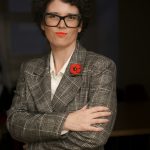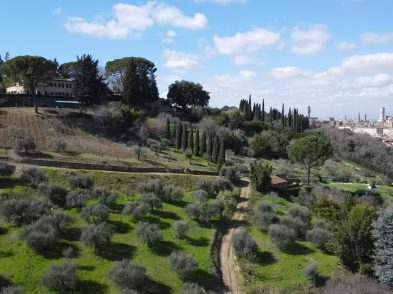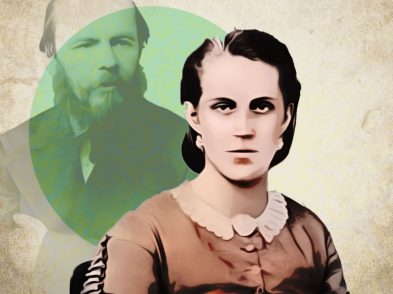A year after the opening of Florence’s most popular market space, Mercato Centrale Firenze, The Florentine, always happy to spend time in a place brimming with food, life and laughter, had a chat with the man behind the market. Restaurateur of Alle Murate and Caffè Italiano, Umberto Montano is no stranger to the world of food. His mission at Mercato Centrale Firenze is simple: to bring the finest food artisans to the people, wherever they come from.

photos by Giovanni GiustiHelen Farrell: How did the idea for Mercato Centrale Firenze come about? Was it the container—the old first floor of the market—or the contents that acted as the spark?
Umberto Montano: An old, almost illiterate, uncle of mine—a great philosopher in my opinion—once said, ‘A stone stands for little if it has no soul.’ So, it’s not the container that acts as the basis for projects but the content. That’s not to say that the container doesn’t intensify the value of the project—a place like the Mercato Centrale benefits from the history of its building. The idea itself is to give ever more identity to the extraordinary patrimony of Italian food culture—a task that allows one to understand that it’s not just a turn of phrase to say that Italian food is the best in the world: it is reality. The reason why this market is a good idea is that, at the end of the day, it’s done something obvious: giving a space to the artisan, the star of Italian food at its very best. There’s the baker, the fishmonger, those who work with cured meats and mozzarella di bufala; here, we produce everything that we serve. It’s nothing out of the ordinary. The only thing was bringing everyone together and giving them an identity.
HF: Was that the hardest part? Bringing all of those individuals together under one roof?
UM: You can’t put just any people together in a project like this. We had to bring together people who are the best at what they do and who thrive on learning from one another. We had to make the right selection.
HF: MCF is a terminal of goodness right in the centre of the city. What impact do you think the new space has had on Florence’s image?
UM: ‘A terminal of goodness’ is a great way of describing it! The impact has been extraordinary in my opinion; I don’t say that to gloat. Even the city’s authorities acknowledge MCF’s success. The mayor, Dario Nardella, has been involved in the project since its infancy as he was the councillor of productive activities back when I applied for the public tender for the space. So he’s pleased to see the project come to fruition in the way that it has.
HF: What’s the secret behind the success?
UM: I think we’ve struck a chord among the public. We’re helping to define what good food is all about. We combine the idea of artisanal food with a culture of communication, which explains in the simplest terms the differences between ‘00’ flour and ‘0’ flour, and that bread can be made using brewer’s yeast as well as other kinds of yeast. These little bits of information spread a culture of quality food and awareness. Then there are the figures: in the first year of MCF, about 1.9 million people have walked through our doors—that’s more than the Uffizi. People thought the market had been abandoned and now it’s come back to vibrant life.
HF: What’s next for Mercato Centrale Firenze?
UM: We want to keep improving. In a wide-ranging project like ours, more care and attention need to be taken all the time both for the public and about the products. Better, more attentive, more receptive to feedback: that’s the future of Mercato Centrale Firenze.










